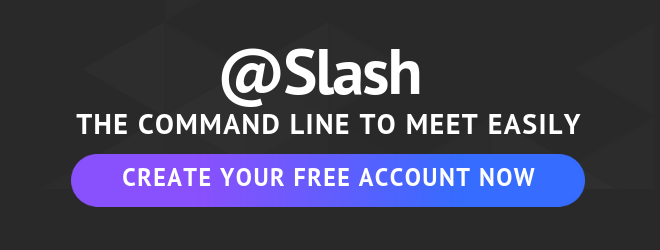Whether your business is big or small or whether you’re an employee or an employer, keeping a tidy agenda is more important than ever to save time and in turn increase productivity.
“Man’s most prudent counselor is time.” Publilius Syrus
People who feel the hours slipping through their fingers all wish they could just stop time. But even if it feels like time is moving inexorably forward and work just keeps piling up, it’s still possible to beat it by getting organized. Keeping an agenda (paper/digital) is essential to staying organized. You can plan tasks and have an overview of the things you have to take care of. Moreover, with an organized agenda, you can protect your busy mental space from the stress and uncertainty that comes with not being able to anticipate work.
What’s more, an agenda offers you a chance to organize time slots for breaks to help with an overbooked schedule. And breaks are important. It’s even indispensable to productivity: according to a 2014 study by DeskTime, people who alternate between break-time and work-time are more productive at work. The ideal rhythm? Working for 52 minutes straight and then taking a 17-minute break.

Time management, a key issue for companies
In order to benefit from the advantages offered by a well-organized agenda, one has to plan carefully. And it seems there’s still a need for progress on this issue!! According to a 2012 study led by Toluna Inc on it’s Doodle account, “Most internet users continue to use their agenda in a rudimentary way.” This, even as a previous study showed that planning tasks and meetings represent 4 working days a year, on average.
Another study led by Opinionway in France for the Horoquartz company, a company specializing in enhancing employee/company relationships, also showed the importance of efficient time management. In fact, 89% of the 1,036 french employees surveyed believe that time management is a key factor in establishing a good atmosphere at work. That means that organizing one’s day can directly impact employee experience and company health!
Planning your agenda: two approaches, same goal
But how can you plan your agenda efficiently? By simply taking the time (as Publius Syrus puts it) and adopting different methods. That and delegating the tasks to your favorite virtual assistant, of course 😉
- Weekly planning allows you to measure efficiency, prioritize actions and make adjustments on a regular basis depending on unforeseen events. By organizing one’s agenda from one week to the next, one can evaluate the importance of accomplished tasks, note which ones take the most time and even identify those that can be completed more quickly. From those different insights, one can begin to program one’s week in a smarter and more efficient way and finally get closer to finding an ideal work rhythm.
- To really increase productivity, having an overview of your monthly agenda is also imperative. In fact, if used alone, weekly planning doesn’t give one a complete enough view of tasks to be able to correctly measure their impact. By organizing one’s agenda by month, one can fix more long-term objectives and not lose sight of more consequential tasks. As a plus, most companies already undertake administrative actions on a monthly basis.

An agenda is a powerful tool when used correctly (planning etc.), but it is also important to consider that each individual person’s way of working is unique. And so, it is important to consider one’s habits and needs so that the planning put in place doesn’t become a constraint but rather a solid base for the work being done.
Agenda VS Task Manager
As a support that facilitates the planning of daily tasks, an agenda can be defined as a task manager. At the same time, it is different from digital task managers available today, such as Remember the Milk or Azendoo. Some of these are available as apps, while others appear in the form of browser extensions. They all represent the different ways that one can organize one’s time and share tasks with other users in order to best prioritize future tasks.
In other words, agendas and task managers complement each other. Instead of choosing one or the other to manage your time, it is better to use them together and centralize the information they contain. This is now possible thanks to Google Agenda and Todoist, that offer simultaneous synchronisation in real time.
Do you have any special methods to organize your agenda and better your time management at work? Tell us about it!

